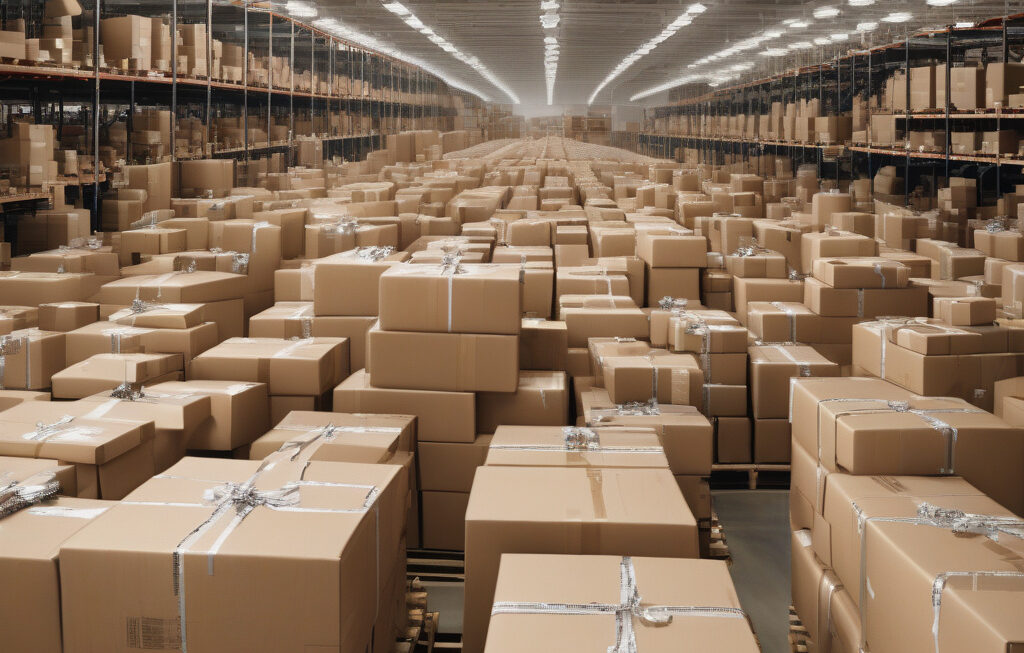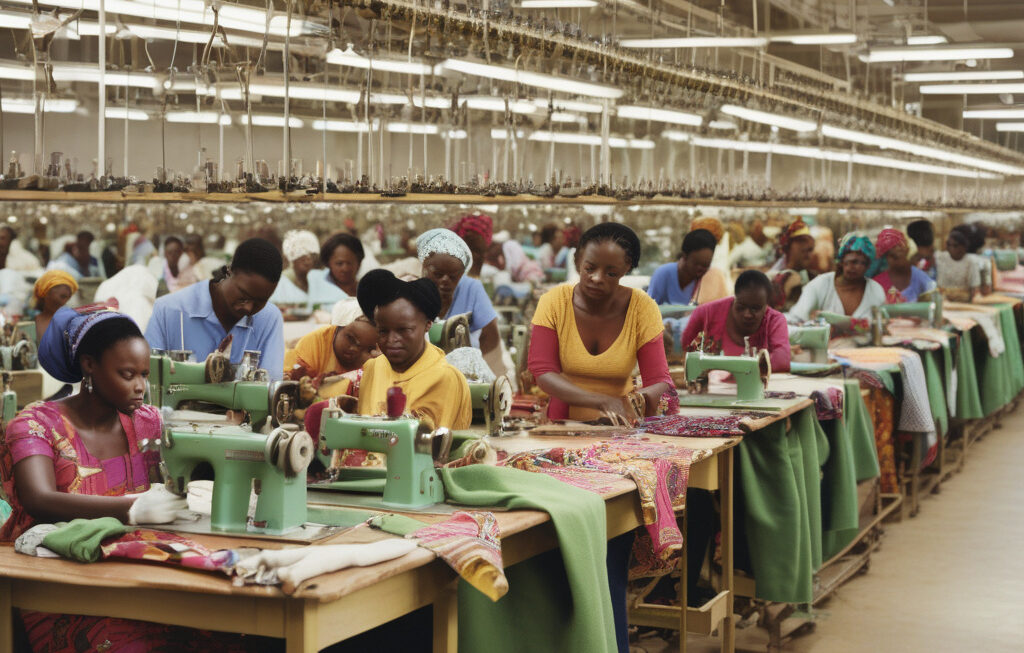Trump’s Tariffs: Immediate Impact on Global Trade
The world of international trade is once again bracing itself for turbulence as President Trump’s administration announces the immediate enforcement of global tariffs. White House press secretary Karoline Leavitt confirmed the news on Tuesday, indicating that the repercussions of this decision will be swift and far-reaching.
Tariffs have long been a contentious issue in the realm of global commerce. These levies imposed on imported goods are intended to make foreign products more expensive, thereby protecting domestic industries from competition. While the concept may seem straightforward, the implementation and impact of tariffs are complex and multifaceted.
One of the primary objectives of tariffs is to boost domestic production by shielding local businesses from cheaper foreign imports. By making imported goods more expensive, tariffs can make it more financially viable for consumers to purchase products made within their own country. This, in turn, can stimulate economic growth and job creation in the domestic market.
However, the flip side of this strategy is that it often leads to retaliatory measures from other countries. When one nation imposes tariffs on another, the affected country is likely to respond in kind, sparking a trade war that can have detrimental effects on the global economy. Increased tariffs can escalate tensions between trading partners, disrupt supply chains, and drive up prices for consumers.
President Trump’s decision to implement global tariffs comes at a time of heightened trade tensions between the United States and its allies. The move is expected to have significant implications for industries that rely heavily on international trade, such as the automotive, electronics, and agriculture sectors. Businesses that import raw materials or components from overseas may see their production costs rise, potentially leading to higher prices for consumers.
Moreover, the unpredictability of tariffs can create uncertainty in the business environment, making it challenging for companies to plan for the future. Fluctuating trade policies can disrupt investment decisions, supply chain management, and overall market stability, creating a climate of volatility that is detrimental to long-term growth and prosperity.
As the global economy continues to navigate the choppy waters of trade disputes and protectionist policies, businesses must remain adaptable and resilient in the face of uncertainty. Strategies such as diversifying supply chains, exploring new markets, and investing in innovation and technology can help companies weather the storm of tariffs and trade tensions.
In conclusion, President Trump’s decision to impose immediate global tariffs is set to have a significant impact on international trade dynamics. While the full extent of the consequences remains to be seen, one thing is certain – the world of commerce is in for a period of upheaval and adaptation as businesses navigate the challenges of a rapidly changing trade landscape.
tariffs, global trade, President Trump, White House, international commerce











